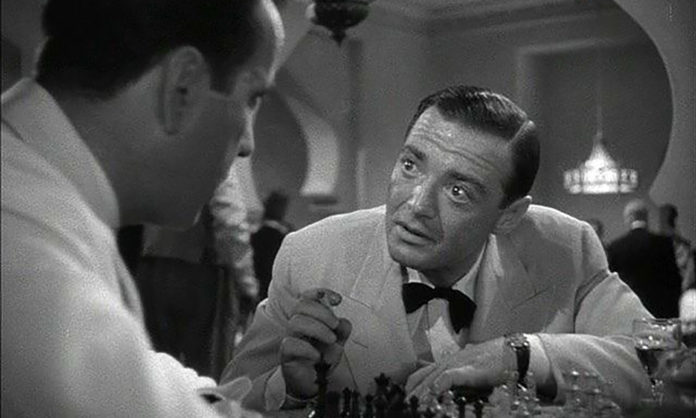To craft a satisfying story, your hero/protagonist needs a goal, a desire strong enough to push them along their journey to the endgame. However, another important point on the path is the refusal of the call to adventure. While not necessary to every kind of story, the refusal of the call nonetheless performs a vital function when it’s needed. In a post on the Killzone blog, James Scott Bell examines this step in the action.
In the classic hero’s journey, the protagonist lives in the Ordinary World, but soon enough an incident occurs that calls them to adventure. In many cases, the hero at first declines the chance to pursue this challenge.
Bell says this pause serves a function for the audience – it communicates the importance of the adventure and signals risk for the protagonist. There’s a reason the hero refuses the call, most often the potential for loss of life or livelihood. When the hero gives up the safety of the ordinary world, the audience understands the hero’s peril.
There are a number of reasons a hero might refuse the call:
- Duty to family or profession. In Star Wars, Luke refuses to help Ben Kenobi because he has a responsibility to his aunt and uncle.
- Self-doubt or fear. In Rocky, Rocky Balboa doesn’t accept the opportunity to fight the champ because he believes he isn’t good enough.
- Experience or previous failure. In Casablanca, Rick refuses to stick his neck out to help a smuggler, because he’s been burned before.
But then something happens that gives your hero a reason to overcome their hesitation and cross the threshold to adventure. A barrier is removed, a challenge is issued, a conflicting desire arises, or your character may even be forced over the threshold by events beyond their control. If you’ve created a valid reason for the refusal, you’ll need a strong motivation for the switch.












